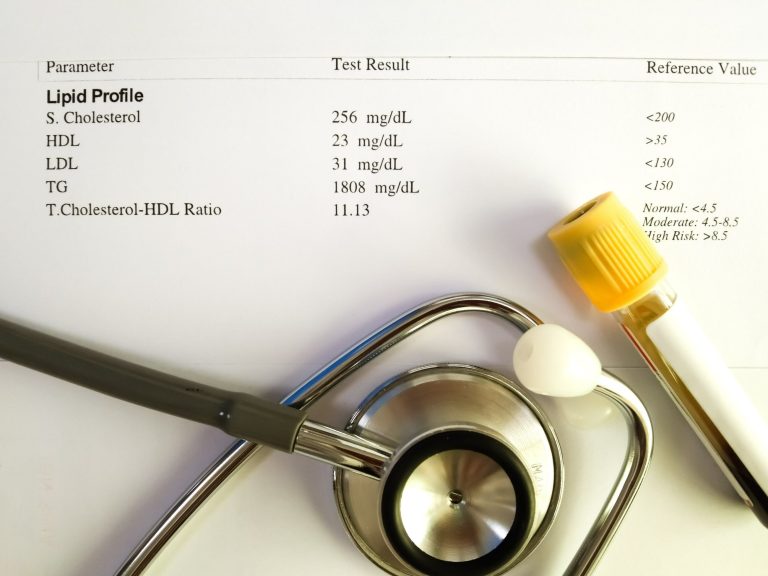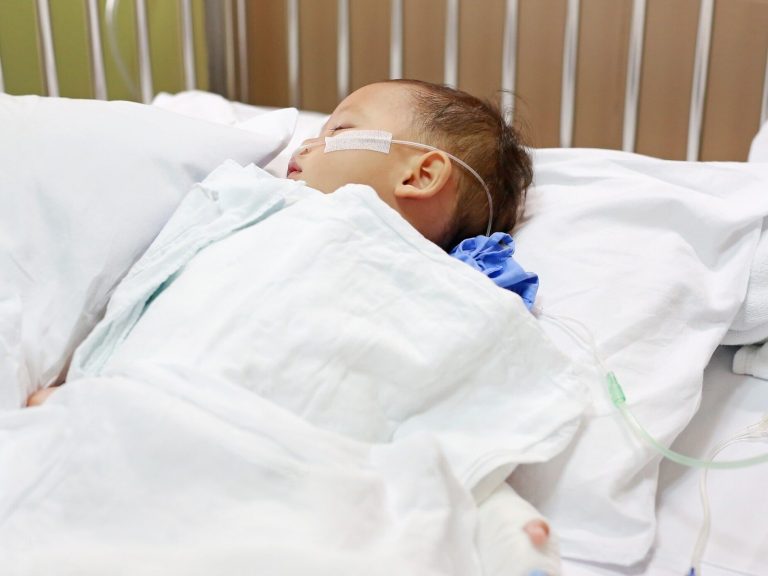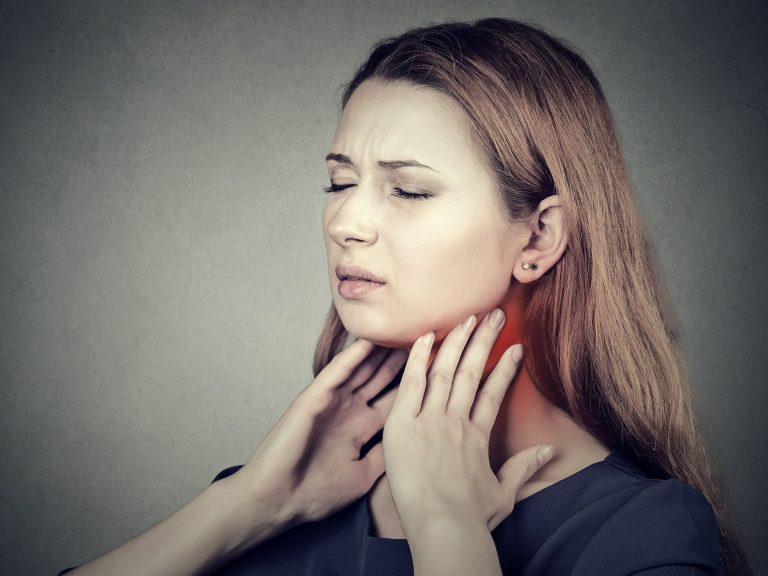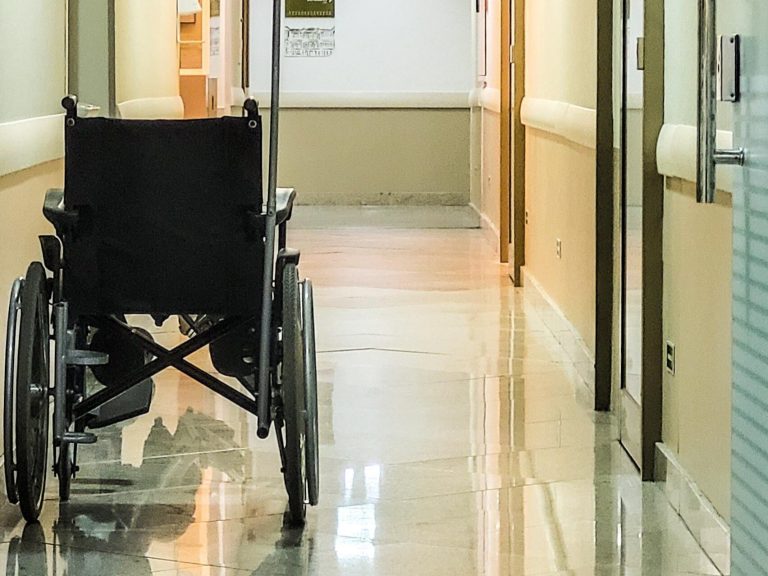Too intense physical exercise may be harmful. Researchers discovered an interesting relationship
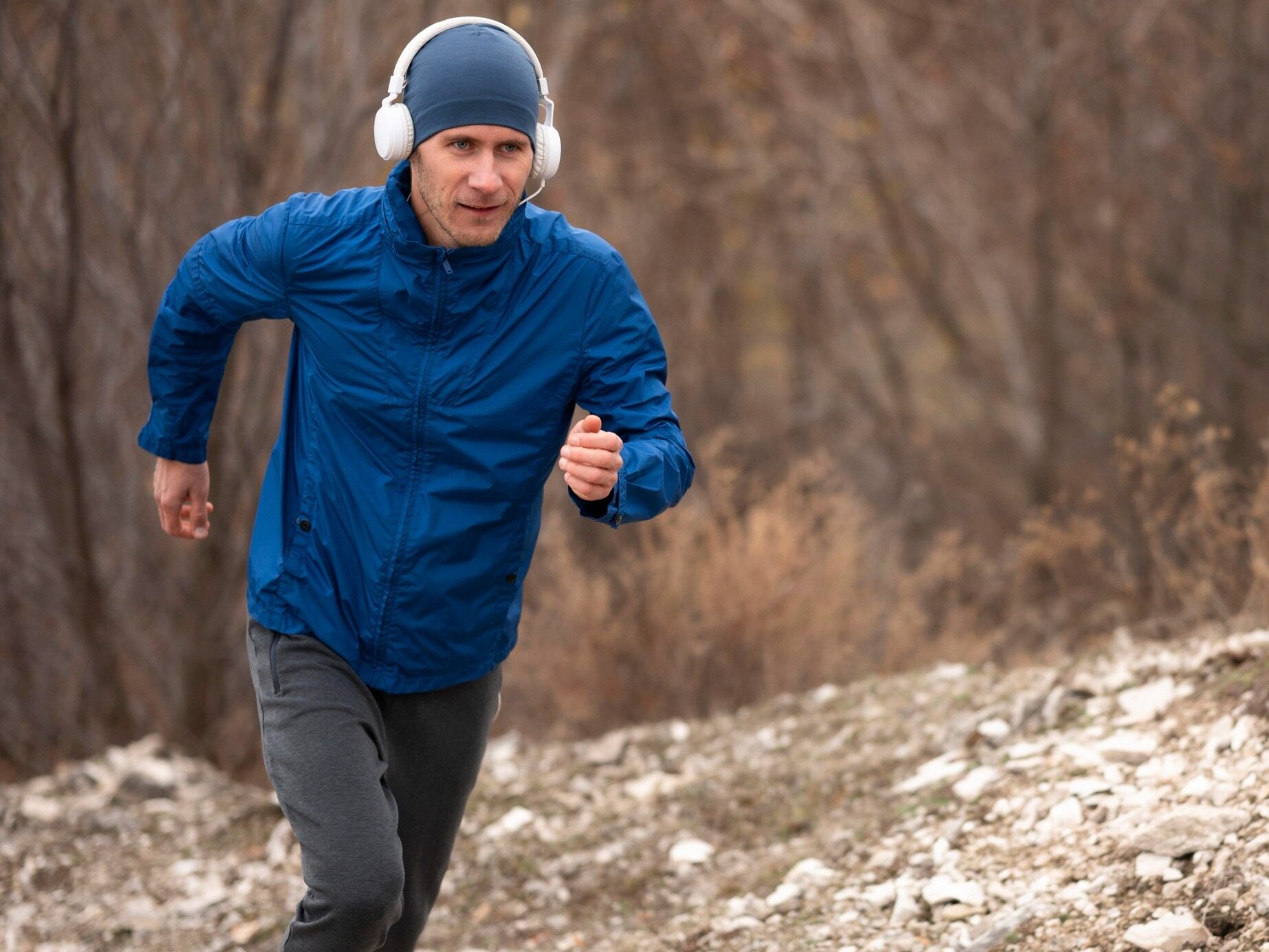
Although we associate physical activity only with a positive effect on our body, it turns out that too intense physical exercise can contribute to a decline in our immunity.
Physical activity is a key element of a healthy lifestyle. Regular exercise not only improves your physical condition, but also has a positive effect on your mental health. Movement supports our body, strengthening muscles and improving the efficiency of the heart and respiratory system. In addition, regular physical activity can reduce stress levels, improve mood and have a positive effect on sleep. Proper physical activity is therefore an essential element of taking care of your health and well-being. Be sure to also check how many steps you should take every day to have a healthy heart.
Intense physical exercise and respiratory diseases
However, the latest research shows that intense physical activity is not always advisable. Until now, scientists believed that people who exercised regularly had a lower risk of acute respiratory infections. Such people are also less likely to suffer serious consequences after COVID-19 infection. However, it turns out that engaging in too intense physical activity can have quite the opposite effect. This is due to the fact that it may negatively affect our immunity. Recent studies have shown that people after very intense physical exercise are more likely to suffer from respiratory infections (this applies to people who exercise regularly, but also to those who are not physically active). Therefore, it should be avoided, especially during the infectious season.
“According to this theory, short-term blocking of the immune system following intense exercise causes increased susceptibility to infections, especially of the upper respiratory tract,” said Dr. Choukri Ben Mamoun of the Yale Institute for Global Health in New Haven (Connecticut, USA), who did not participated in the study.
How does intense physical exercise affect our body? Test
The latest study was conducted by scientists at the US Department of Energy laboratory in Richland (Washington state). Its results were published in the journal “Military Medical Research”. 11 firefighters took part in the study. They climbed up the hill for 45 minutes, with equipment weighing about 20 kilograms. An additional difficulty was the prevailing weather conditions in the form of high humidity. This physical activity corresponded to the effort that firefighters make during firefighting in the field.
Before this intense exercise and 10 minutes after it, saliva, urine and blood samples were collected from the study participants. The intensity of the effort undertaken by firefighters was indicated by the level of lactic acid in the muscles (it is produced when the muscles do not receive the appropriate amount of oxygen during exercise). Additionally, in firefighters’ saliva samples collected after physical activity, the level of three pro-inflammatory cytokines (stimulating inflammation) was lower. Increased levels of eight antimicrobial peptides were also noted.
The impact of intense physical exercise on immunity
According to scientists, during intense physical exercise, our body can suppress inflammation in the respiratory tract, which makes breathing easier. However, a decrease in the level of these compounds may increase our susceptibility to upper respiratory tract infections. This is caused by a weakening of the immune system’s ability to fight microorganisms. In turn, increasing the level of antimicrobial peptides in the body may be associated with compensating for the reduced activity of the immune system. “Antimicrobial peptides are part of the immune system’s response, but they are usually not very effective against viral infections. That’s why we think this may put us at greater risk of respiratory infections,” explained lead author Dr. Ernesto Nakayasu from the U.S. Department of Energy laboratory in Richland.
Additionally, during intense physical exercise, people tend to breathe through their mouths, which means that various microbiomes (including viruses causing respiratory infections) can penetrate deeper into the respiratory tract and in larger quantities because they are not stopped by the barrier in the nasal mucosa.
Does increased physical activity cause infections? Further research is needed
Scientists emphasize, however, that further research is needed to better understand how long and intense physical exercise must be to cause negative changes in the immune system. “The relationship between exercise and the immune system is complex and varies between people. Doctors can refer to the results of this study to make individualized exercise recommendations for patients,” Dr. Mamoun said. Researchers also note that firefighters experience unique exposures to contaminants during fires, which may also alter their immune responses. Moreover, this study only included healthy and active men, so further analyzes involving a wider group of people are necessary.
However, it should be remembered that regular and moderate physical exercise is associated with better functioning of the immune system and, therefore, better health. However, people who exercise intensively should remember to rest and regenerate.

